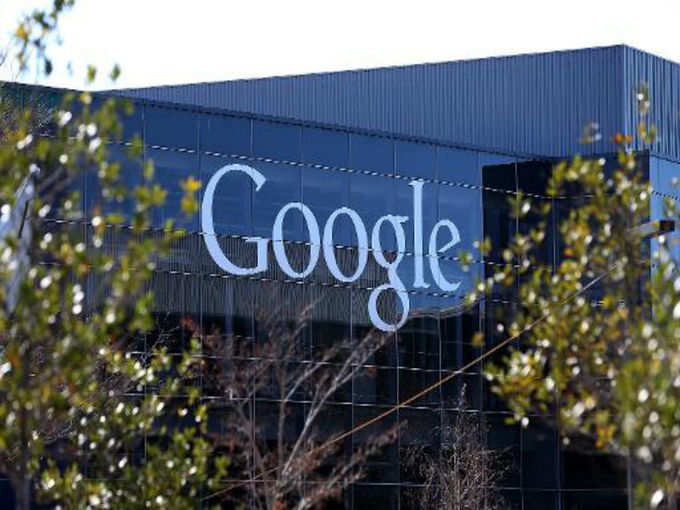
"Google is making various efforts to give users a better experience on slow networks. In October, we made efforts to make search lighter for India and Brazil. But only making search lighter doesn't work if a user clicks on a link and it doesn't load," said Google search product manager Hiroto Tokusei.
The feature gets triggered when a network connection is slow such as 2G, he added.
The India launch would follow field tests Google conducted in Indonesia over the last month for streamlined search results and optimized pages when the user searches on slow mobile connections.
The light pages load four times faster and use 80 per cent less data, while increasing the traffic to webpages by more than 50 per cent. Late last month, at its annual developer conference
"Some stylesheets having high image quality and take more data on a slow network. These are compressed using the new feature, and sometimes the page looks slightly different," said Tokusei. Website publishers can however, opt out of the feature and their pages will not be optimised. Users can also choose to see the original webpage if they so desire.
(image credits: phys.org)
